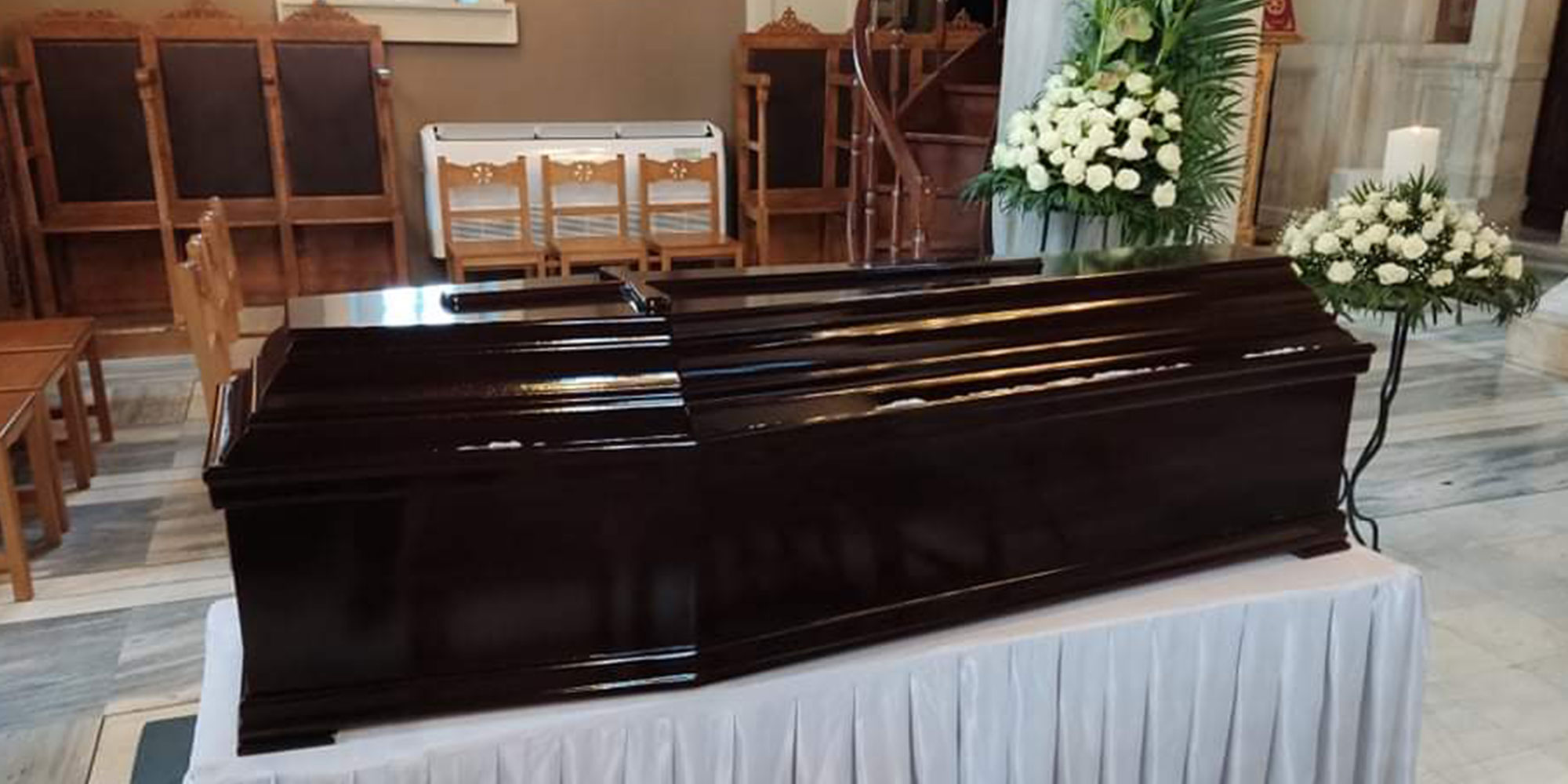What is a Funeral Home?

The role of funeral homes in supporting bereaved families
When a loved one dies, grieving families are often overwhelmed and unsure of where to turn. The Funeral services they are there to provide comfort, support and guidance during this difficult time. They act as a pillar of strength, helping families navigate the complex process of planning a funeral and saying goodbye to their loved one. person.
One of the primary roles of a funeral home is to help families make funeral arrangements. This includes coordination with cemeteries, its organization transportation of the deceased and helping families choose the right type of service for their loved one. Funeral directors are trained professionals who are well versed in the cultural and religious customs surrounding death and can provide valuable advice and assistance in honoring the wishes of the deceased.
In addition to logistical support, funeral homes also provide emotional support to grieving families. They offer an environment of compassion and understanding where families can express their grief and find comfort in the presence of others experiencing similar feelings. Services provided by funeral homes
The funeral homes offer a wide range of services to meet the diverse needs of bereaved families. These services can be tailored to reflect the wishes of the deceased and the cultural or religious traditions of the family. Some of the common services provided by funeral homes include:
Embalming and preparation: Funeral homes have special facilities where the deceased can be embalmed and prepared for viewing or burial. This process includes the preservation and presentation of the body, ensuring that it is fit for public display.
Funeral Ceremonies: Funeral homes can help plan and organize funeral services that honor the life of the deceased. This may include religious or cultural rituals, funerals and readings. Funeral directors work closely with families to create a meaningful and personalized service that reflects the individuality of the person who has died.
Cremation services: In addition to traditional burials, funeral homes also offer services cremation. They can coordinate the cremation process, provide urns for the ashes, and help scatter or bury the remains.
Transportation and logistics: Funeral homes handle all aspects of transportation, ensuring that the deceased is transported safely and respectfully to the chosen burial site or crematorium. They also help with the necessary paperwork and permits required for burial or cremation.
The history and evolution of funeral homes
The Funeral services they have a long history dating back centuries. In ancient times, funerals were often held inside the family home, with loved ones preparing the body and performing ceremonies to honor the deceased. However, as societies evolved and populations grew, the need for specialized institutions to arrange funerals became apparent.
The modern funeral home as we know it today began to appear in the 19th century. As cities grew and urbanization took hold, handling funeral arrangements became a professional industry. Funeral homes began to offer a range of services, from embalming and preparation to organizing ceremonies. These facilities provided a central location where families could receive the support and guidance they needed during their loss.
Choosing the right funeral home for your needs
When faced with the difficult task of choosing a funeral home, it is essential to consider your specific needs and preferences. Here are some factors to consider when choosing a funeral home:
Location: Choose a funeral home that is conveniently located for your family and friends.
Offered services: Consider the services provided by the funeral home and make sure they align with your cultural or religious traditions. Some funeral homes specialize in specific types of services, such as environmentally friendly burials or military funerals.
Reputation: Research the reputation of the funeral home and read reviews or testimonials from past customers. A reputable funeral home should have a track record of providing compassionate and professional service.
Personal login: Trust and comfort are essential when working with a funeral home. Take the time to meet with the funeral director and staff to make sure you feel comfortable and confident in their ability to support your family during this difficult time.
Conclusion
Funeral homes play a critical role in supporting bereaved families by providing a range of services and emotional support during one of life's most difficult times. They guide families through the process of planning a funeral, offering comfort and guidance along the way. Funeral homes have evolved over time to meet the changing needs of society, providing a compassionate and understanding environment for families to say goodbye to their loved ones.
